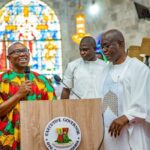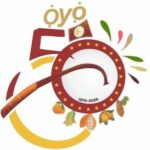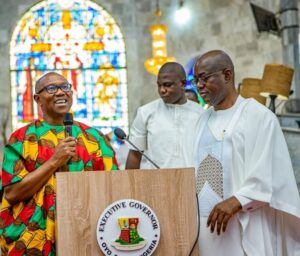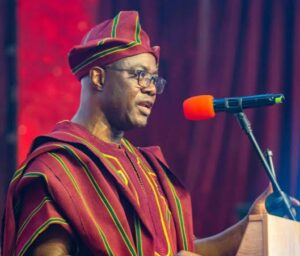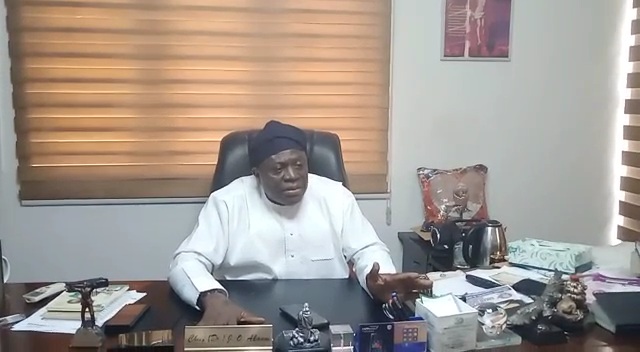
The Vice Chairman of the The Independent Petroleum Marketers Association of Nigeria, IPMAN, Western Zone, Chief Joseph Oyewale-Akanni, has called on the Federal Government to, as a matter of urgency, deregulate the oil sector to prevent frequent fuel scarcity being encountered by Nigerians.
This was, as he attributed the current fuel scarcity and increase in the pump price to the hike in private depot prices.
He gave the disclosure during an interview with Vanguard yesterday in his office at Oke-Ado, Ibadan, following few weeks Nigerians have been experiencing hell on earth as a result of the fuel scarcity.
Motorists in Ibadan and other major towns in Oyo State are groaning in pain as fuel scarcity resurfaced in the state on last week.
While many motorists spend hours on queues at filling stations or at the mercy of black market operators, others pay high fares to buy the PMS.
Akanni, however, said the price at which private depot owners sell petrol across the country was not sustainable.
Speaking further, Akanni pointed out that the current fuel scarcity was a result of hike in prices at the private depot in Lagos.
He said: “Because since February, this year, there is no loading in any depot, we have five depots of NNPC in Southwest but since February this year, none is not working.”
“We need to go to Lagos to private depot. By the name private depot we mean it is individually owned and anything private will have control by own self. On government part, the price NNPC was giving them was N113 per litre but they are the ones to use small vessels badges to load from the modern vessels, they will add the cost to it, and they are supposed to be selling to us at N178.17k instead of that we marketers don’t know what happened between NNPC and the owner of the vessel, they jumped the price for us.”
“As of today, at the private depot we are buying from sells to us at N212,215 at Lagos and we need to transport it to Ibadan, or Ilorin. The private depots are the main cause of this scarcity now because the price NNPC was selling to them since was N113, they are still selling to them at that price. They are the ones selling to us at exorbitant rate, instead of selling to us at N114,117, we private marketers at N178,114, the public at N180, but we are buying from them as at between N212,215 as at today.”
“Government itself is mot helping the matters. If our refineries are working there will be no scarcity again, but the problem is our refineries are not working we rely on private depots and private depots they are into business, because if we ask they would say they are buying in dollars to pay the transporters, the first owner before they get the dollars it’s not easy everyone knows the cost of dollars to naira now.”
“Nobody can fix the price now, as we are talking about private depots, the price varies a lot and it depends on how you buy it. When the scarcity started we started from N190,195,200, depending on what we bought from Lagos to know what we would fix. If private depots start selling to us at N148.17k, we would also revert to N180, but as at now, what they are selling that is why our people are selling at N250,260 in Oyo and Osun States.”
“If the federal government can look into private depots now, and force them to reduce the price to N148,17k everything will be okay.”
“If government fully deregulates the product, there will be no problem, but if they do it partially, there will still be problem, if they remove their hands totally and allow private investors to bring petrol in to sell it will be okay.”
“To say the truth all the neighbouring countries around Nigeria rely on petrol from Nigeria and there is no way our agencies like Customs, Immigration, will be effectively curbing the smugglers, any product the neighbouring countries are using it’s Nigeria’s products and they are still subsidising all the products for all the neighbouring countries.”
“For example if we major marketers in the southwest have the opportunity to import to our people,the remaining marketers will bring, but as at now it is only NNPC that is importing petrol for our people. All those giant private depots rely on NNPC product allocation,” he said.
Vanguard gathered that few filling stations that opened for sale within the Ibadan metropolis were characterised by long queues of vehicles, motorcycles, tricycles, and jerry cans.
Motorists and commuters’ were stunned on Wednesday evening to notice that some filling stations had hurriedly closed the stations and stopped selling the product.
This correspondent, who went round some parts of the metropolis, gathered that the scarcity had spread to virtually every part of the city, including, Mokola, Sabo, Agodi Gate, Secretariat Road, Total Garden, Sango, Dugbe, Iyaganku, Queen Elizabeth Road and Challenge areas of Ibadan.
Speaking with this correspondent, a motorist, Gbolarumi,
said that no one knows the reason for the fuel scarcity.
“We only noticed that not all filling stations were opened for business, hence, the rushing of motorists to filling stations, especially the commercial vehicles, leading to long queues in the few stations that opened. Sincerely, we don’t want this trouble again. This happened some months back; so, why is it happening again,” he said.
Also, a commercial motorist, Aina Abimbola, said: “We want to work, but there is no fuel to work with. I earn daily income to make a living; so, I have to queue for fuel and get it at all costs to survive.”
“Times are hard and we cannot cope with fuel scarcity as it will add to people’s sufferings,” he said.
